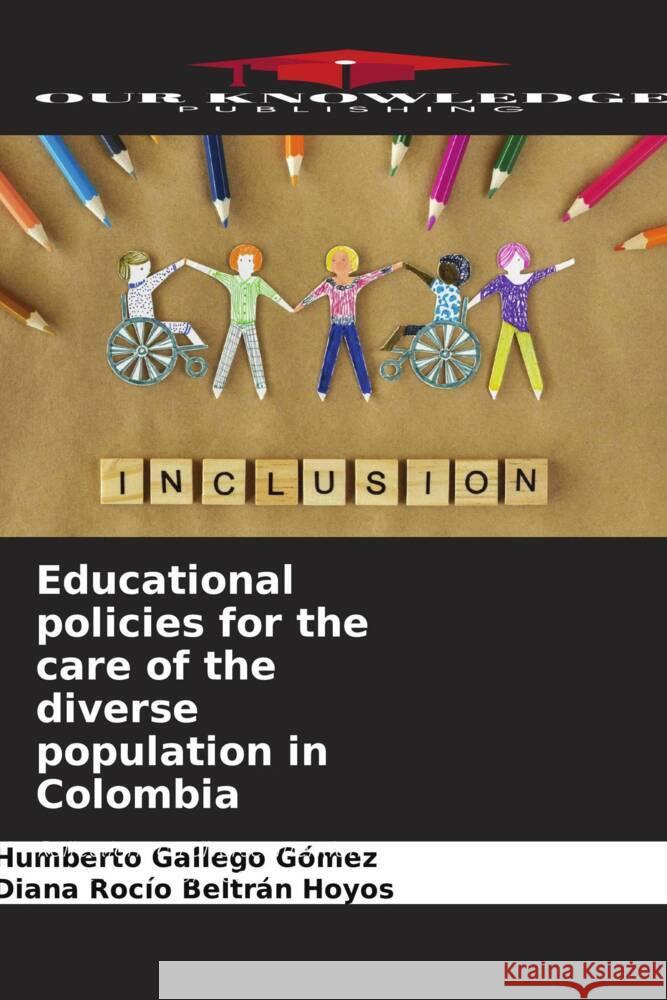Educational policies for the care of the diverse population in Colombia » książka
Educational policies for the care of the diverse population in Colombia
ISBN-13: 9786205131350 / Angielski / Miękka / 72 str.
For many countries, especially those in Latin America, inclusive education is a matter of national interest that generates concern in the agendas of educational policies, which in this paper will be viewed on the basis of their effectiveness. The term diverse population in the educational field is a pillar that generates a challenge for the institutions that offer education; formal, non-formal and informal, being for the Ministry of National Education a commitment that has become the work horse of the development plans of the governors of the last years but that, on the other hand, its applicability has been left to the free will of the institutions.Attending to the diverse population in education implies a series of strategies in which the teacher must understand that the student unconsciously develops bodily, cognitive, communicative, socio-affective and social skills in the interaction with his/her environment, different from those evidenced by regular students in the classroom, where teachers with some type of training have forged good exercises of a true accompaniment and follow-up of the performance of these students.











